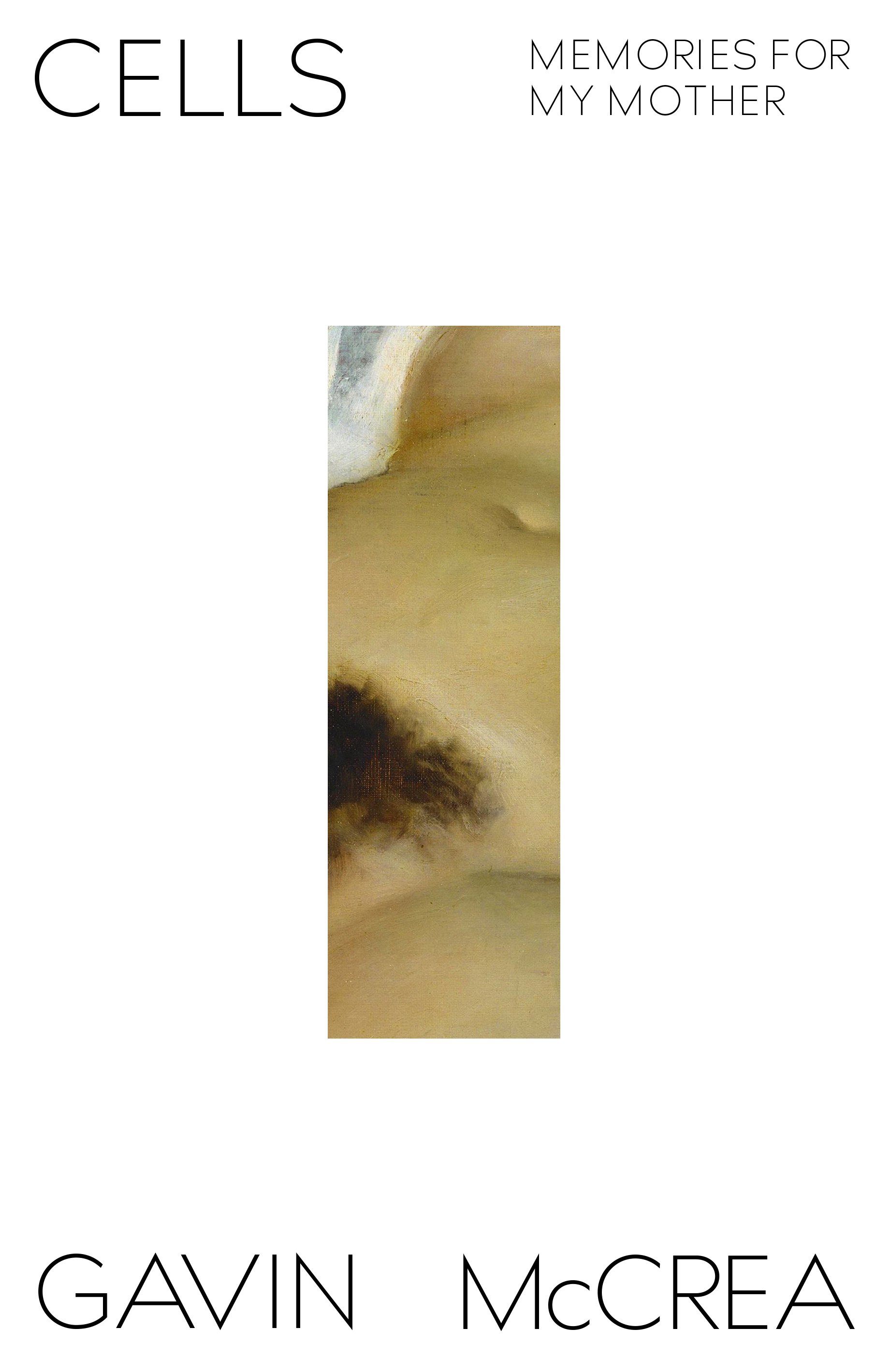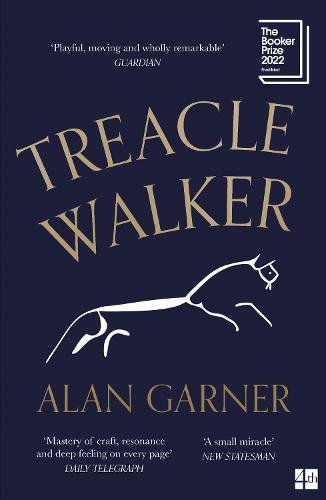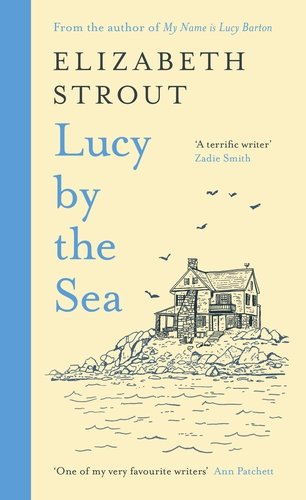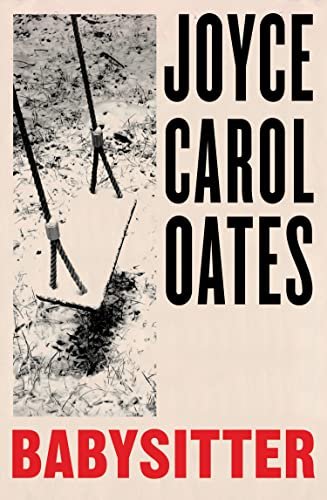Barbara Kingsolver uses the same structure and moral imperative of Dickens' “David Copperfield” to tell the enthralling and utterly convincing fictional story of Demon Copperhead, a charismatic boy born into an impoverished area of contemporary rural America. His real name is Damon Fields but he bears the nickname of the title which is what people called him as a boy because of his absent father who had a snake tattoo and copper-wire hair. But also it's a moniker he proudly adopts as a way of asserting his individuality and “You can't deny, it's got a power to it.” In a charmingly conversational and evocative manner he recounts the story of his life from his birth up through to his adulthood having survived an abusive stepfather, a mother grappling with substance abuse, foster care where he's forced into farm labour and drug addiction borne out of America's surging opioid crisis. There's a physicality to the language of this narrative which evokes the feel and texture of this adolescent boy's existence. His fiery spirit, wicked sense of humour and rational ability to navigate the challenges of his circumstances make his narrative mesmerising. Through his eyes we witness the state of a country where individuals in Demon's position can fall between the cracks and suffer from the stereotypes made about people in rural and low income areas.
It was especially meaningful reading this novel after having previously read Patrick Radden Keefe's searing nonfiction account “Empire of Pain” concerning the Sackler family's involvement in the pharmaceutical industry. This background knowledge of the financial drive to prescribe the drug OxyContin despite its highly addictive nature was useful as a large portion of the novel is concerned with characters unwittingly caught in this system – although I don't think it would have prevented me from appreciating the story if I hadn't been aware of it already. The way in which Kingsolver has dramatised this conflict and crisis powerfully shows the social and psychological implications of health services which are driven by profit rather than the welfare of patients. Demon is part of a whole generation whose early lives were stymied or cut short because of this drug and its addictive effects. The tragic way this plays out in the story makes this far-reaching issue intensely felt and it's utterly heartbreaking knowing this is merely one of countless examples of this drug's virulent influence.
I also appreciated the way this novel gives a complex picture of its hero's ethnicity. Demon knows he's from Melungeon heritage, but he only understands the real meaning of this over the course of the story. It taps into a whole history of citizens who experienced prejudice but were excluded from legal protection as their mixed racial heritage meant they didn't fit into a legally defined category. As he becomes more aware of the past and his position in the world, Demon comes to understand why some people react to him in the way they do and call him certain names. Through slurs to do with his race and regionality he comes to understand “A thing grows teeth when it's put into words.” Yet he also learns that terms intended to wound can be reclaimed and used to empower those who experience the deleterious effects of bigotry. This leads Demon to artistically harness satire as a means of counteracting the stereotypes inflicted upon him and those he loves in a cartoon series he draws titled “RedNeck”. Through his humour and intelligence, he's able to emerge from his perilous circumstances and fraught journey as a survivor with an important story to tell.






















